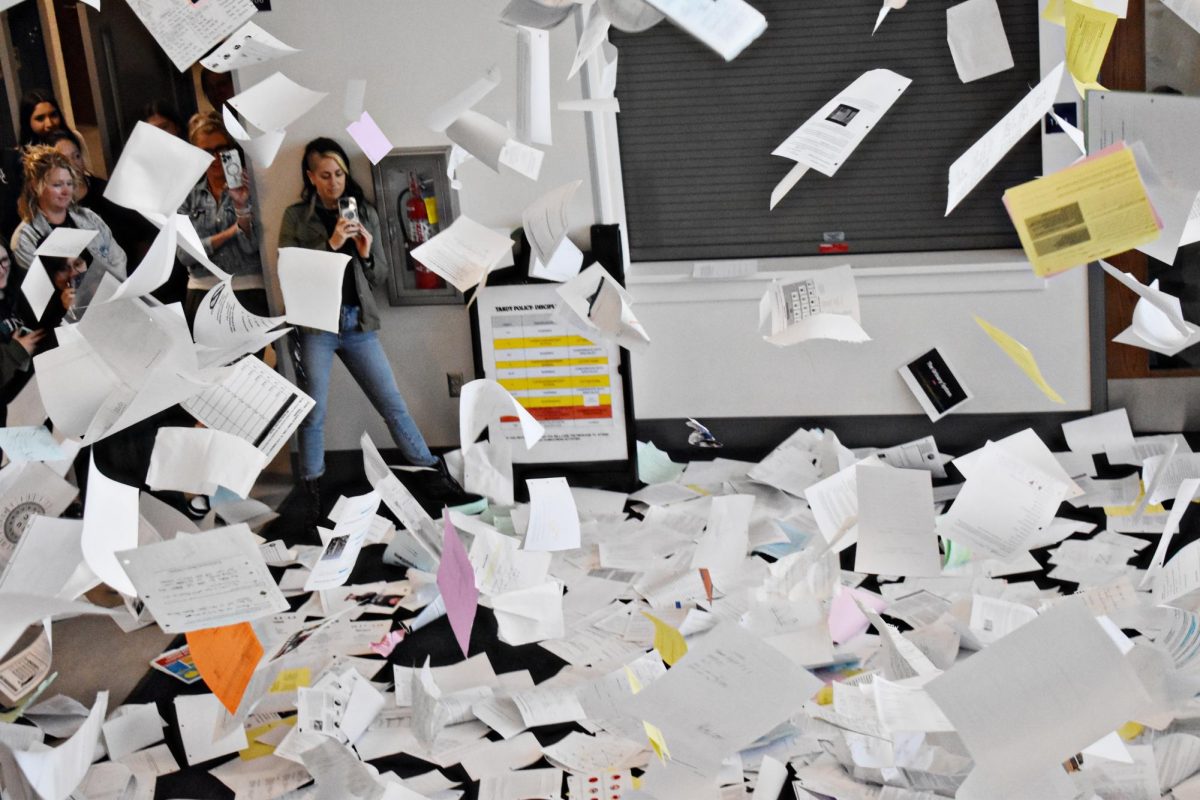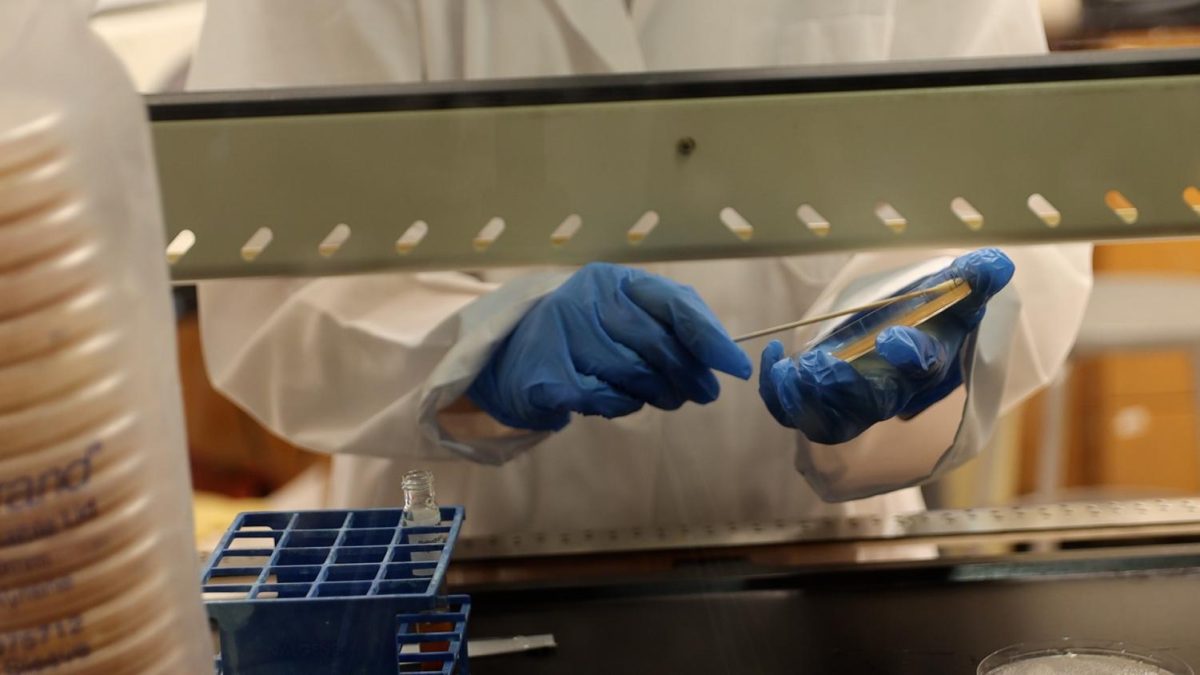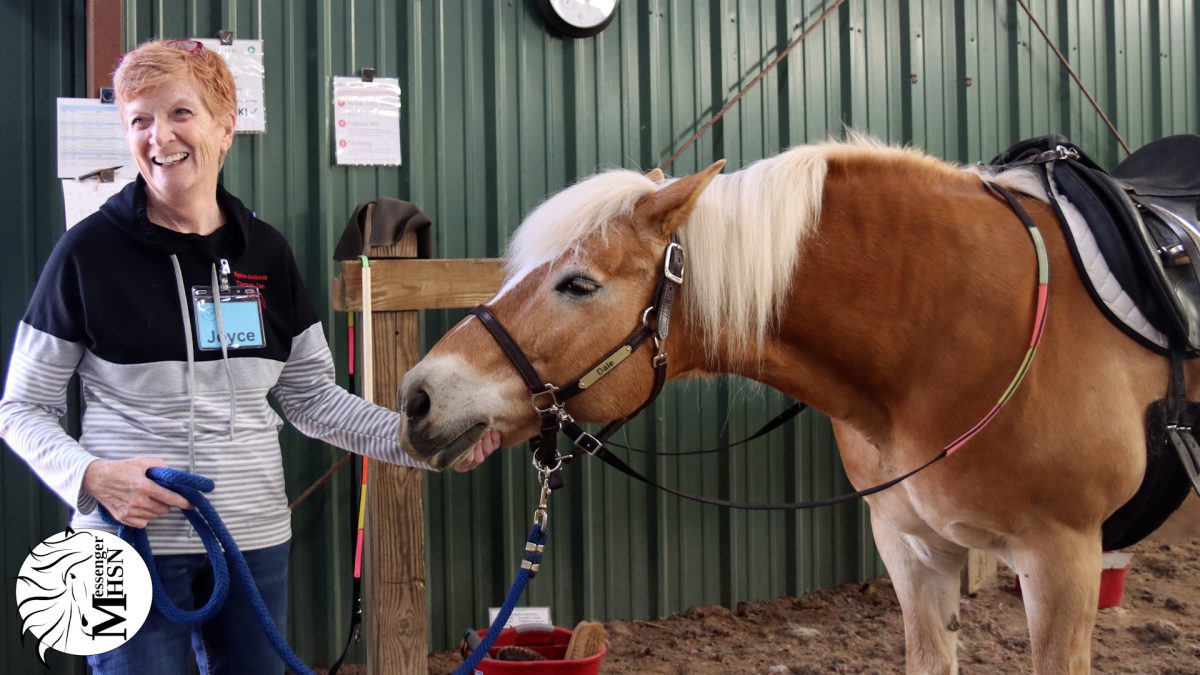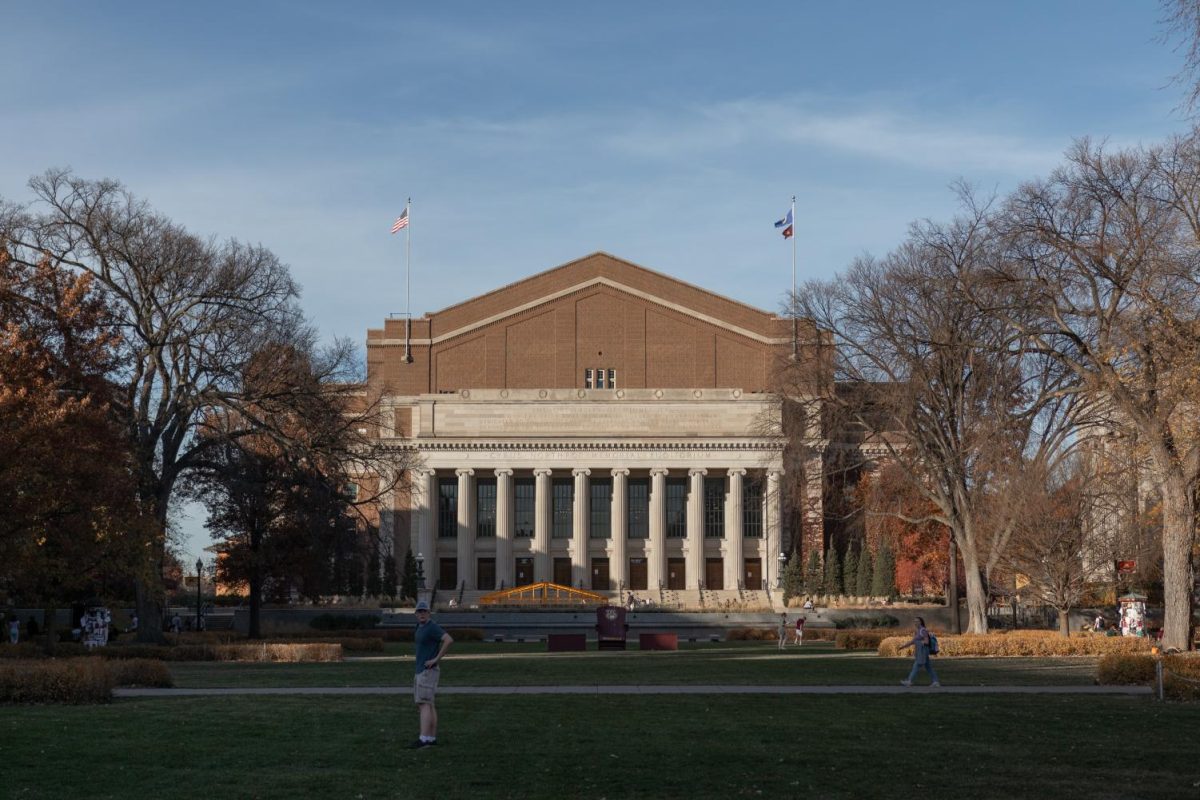After an investigation was launched into the University of Minnesota by the United States Department of Education (DoE) Jan. 17 following complaints of antisemitism, faculty members on both sides have shared their stance on the current University policies for departmental statements.
The investigation began because of a complaint made by former regent Michael Hsu and law professor Richard Painter in December, which alleged antisemitism from multiple College of Liberal Arts (CLA) departments, primarily Gender, Women & Sexuality Studies (GWSS).
“For people to say, ‘It’s okay, I can say anything I want to on a University website, as long as I say that it doesn’t represent the University’s view, or it’s not an official policy of the University.’ That’s a bunch of horses—,” Hsu said.
The University of Illinois Chicago (UIC) faced a similar situation, according to Hsu. UIC is now among 113 total higher education institutions being investigated by the DoE for alleged discrimination of students or faculty based on race, color or national origin.
According to Hsu, he and Painter went to the University with their complaint first and said they would take their complaints to the DoE if the University itself did not respond.
Eric Van Wyk, the chair of the Academic Freedom and Tenure Committee (AF&T), said tenure protects some faculty in their speech of more controversial topics while providing more job security. Statements like the one from the Department of Cultural Studies and Comparative Literature (CSCL) were written by tenured faculty.
Van Wyk said the current policy being cited is the Board of Regents’ academic freedom and responsibility policy, which outlines an individual’s responsibility to specify they are speaking for themselves and not for the University when using an official platform.
The University currently does not have an administrative policy to enforce the Board policy, Van Wyk said. This means even though it is a policy of the Board, it is not official for the whole system.
At the Friday Board meeting, Interim President Jeff Ettinger addressed the division caused by the ongoing conflict during his opening remarks.
Ettinger said he held several listening sessions with students, faculty and alumni on the topic of free speech and reiterated the University needs to remain a place where everyone can express their opinions.
“This University has a strong record of responding to and acting against bias or misconduct in all its forms, no matter who is the perpetrator and who is the victim,” Ettinger said.
Associate professor and Chair of CSCL Michael Gallope said he has seen statements for other social issues on University platforms that did not receive nearly this level of attention or backlash.
Gallope, who was also involved with the drafting of the original statement, said the moment issues become controversial is when a protected form of speech matters most.
“As scholars, we will not hesitate to analyze and critique U.S. foreign policy when the survival of tens of thousands of human lives are at stake,” Gallope said.
Gallope said social media websites like X (formerly Twitter), Facebook and others are equally valid places to express individual speech. The statements written by CSCL and other CLA departments, like GWSS, are constitutionally protected, vital for groups to express their shared opinion and fully compliant with University policy.
According to Gallope, the CSCL statement explicitly stated that it came only from the tenured faculty of the department when it was first posted on Oct. 20. It was later amended to show the exact names of its contributors.
Hsu said he and Painter did not have a problem with faculty exercising their freedom of speech, they just did not believe it should be allowed on official University platforms.
Hsu added he thinks the DoE investigation is necessary because he feels no policy change will come from within the University itself. It felt like the University was “playing a game of chicken” with their policymaking, according to Hsu.
Hsu said many things can happen during the course of the investigation that could resolve the dispute. For example, the University could settle with the DoE to avoid a prolonged investigation, or the DoE could reach a conclusion on their own.
“I sense that the University is afraid to make a decision,” Hsu said. “They want to have an outside source, whether it’s a court or government agency, make the decision for them, because then they don’t have to get their hands dirty.”
Gallope said Painter and Hsu’s argument against the use of the website is nonsense and that University websites are a forum for opinions and expert perspectives on matters of public concern, from both groups and individuals.
“If Painter and Hsu want to defend Israel’s conduct in the war, they should drop the ad hominem attacks and the contorted efforts to silence dissent, and engage in an informed discussion of the war itself,” Gallope said.
This story was originally published on Minnesota Daily on February 14, 2024.

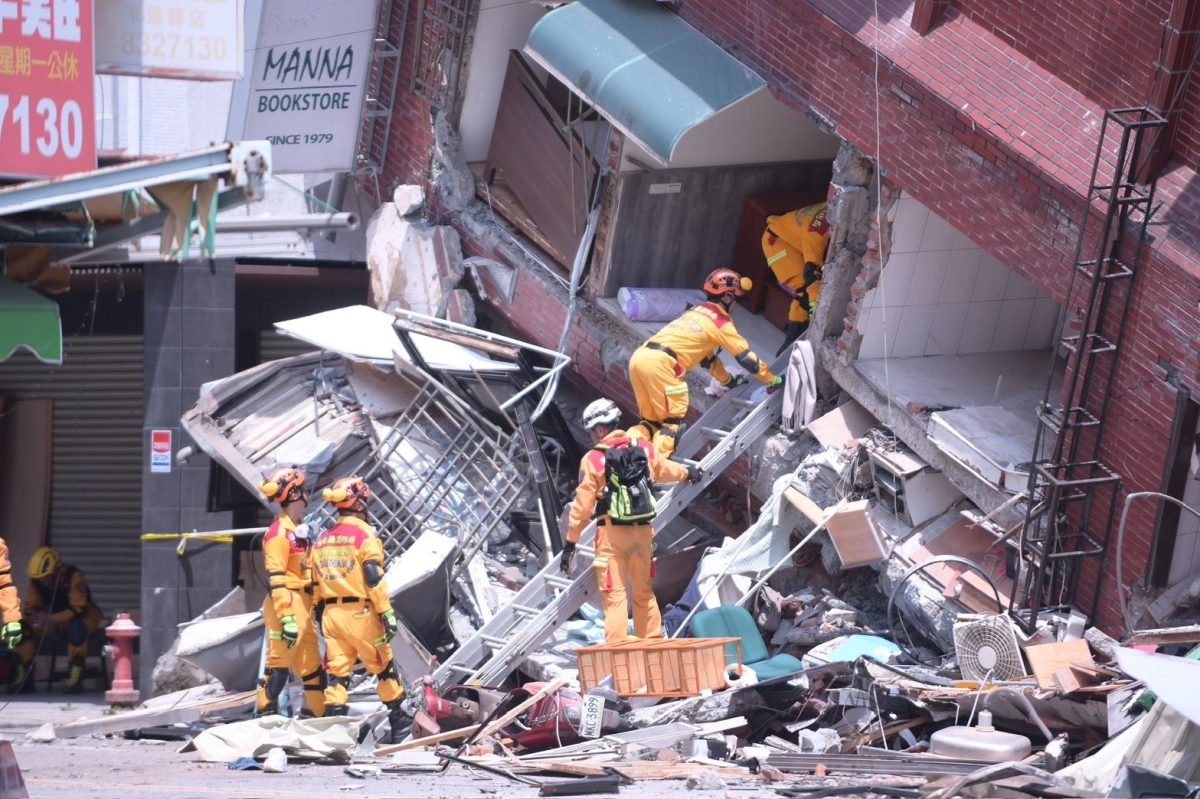
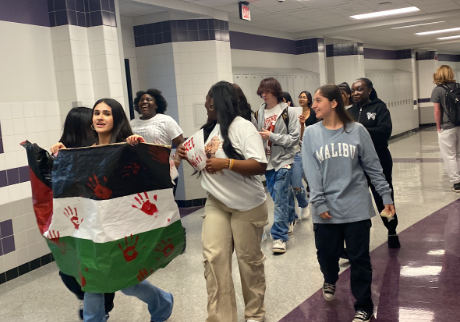


![With the AISD rank and GPA discrepancies, some students had significant changes to their stats. College and career counselor Camille Nix worked with students to appeal their college decisions if they got rejected from schools depending on their previous stats before getting updated. Students worked with Nix to update schools on their new stats in order to fully get their appropriate decisions. “Those who already were accepted [won’t be affected], but it could factor in if a student appeals their initial decision,” Principal Andy Baxa said.](https://bestofsno.com/wp-content/uploads/2024/05/53674616658_18d367e00f_o-1200x676.jpg)
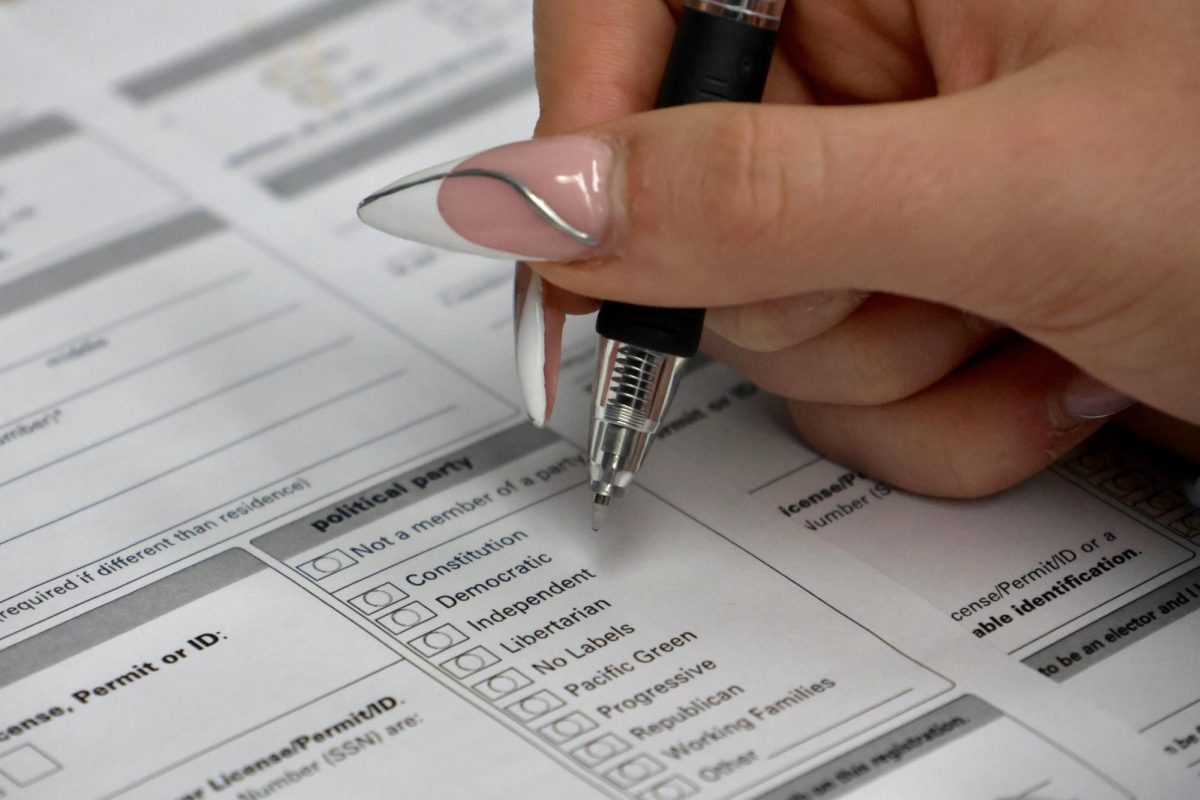



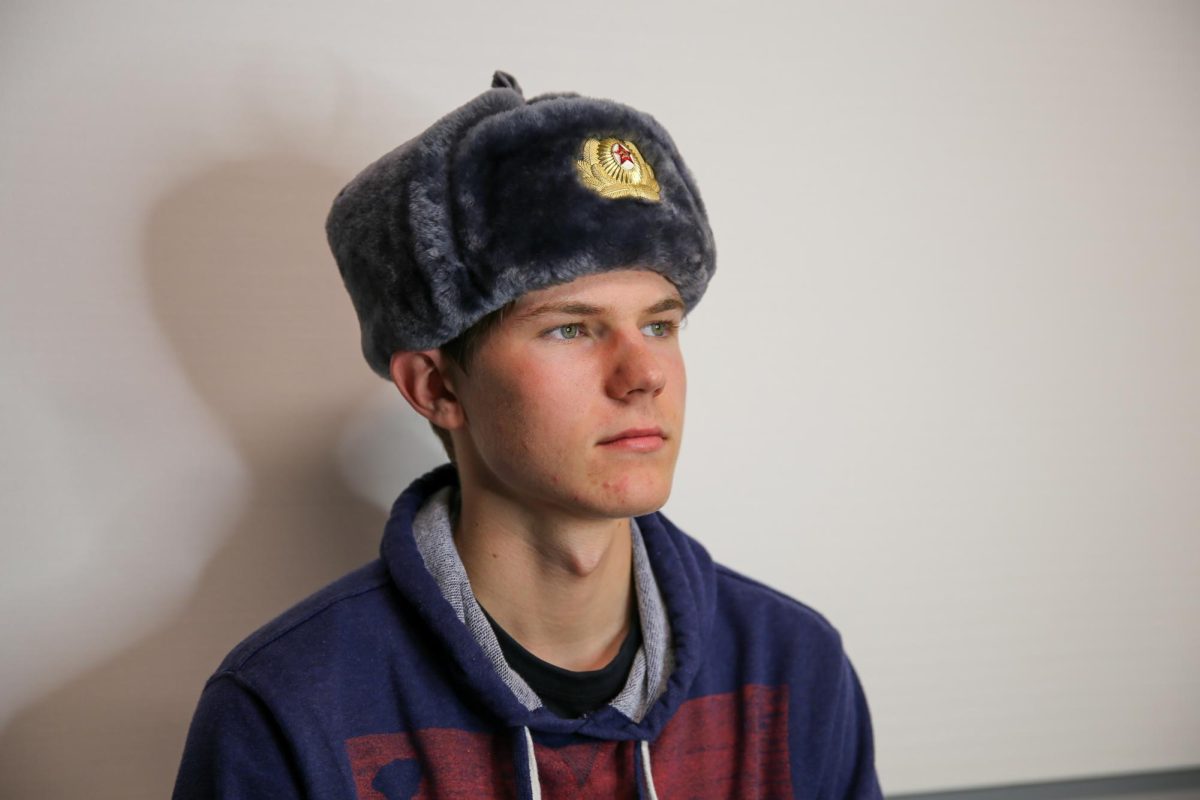

![Junior Mia Milicevic practices her forehand at tennis practice with the WJ girls tennis team. “Sometimes I don’t like [tennis] because you’re alone but most of the time, I do like it for that reason because it really is just you out there. I do experience being part of a team at WJ but in tournaments and when I’m playing outside of school, I like that rush when I win a point because I did it all by myself, Milicevic said. (Courtesy Mia Milicevic)](https://bestofsno.com/wp-content/uploads/2024/06/c54807e1-6ab6-4b0b-9c65-bfa256bc7587.jpg)
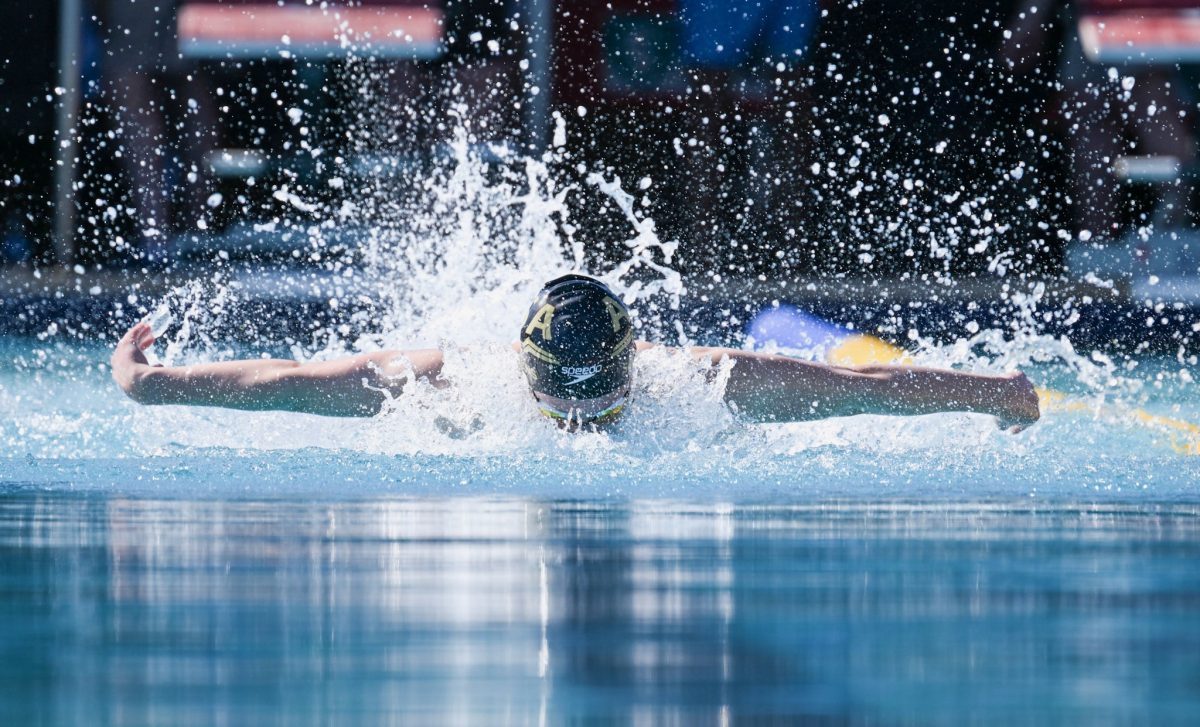
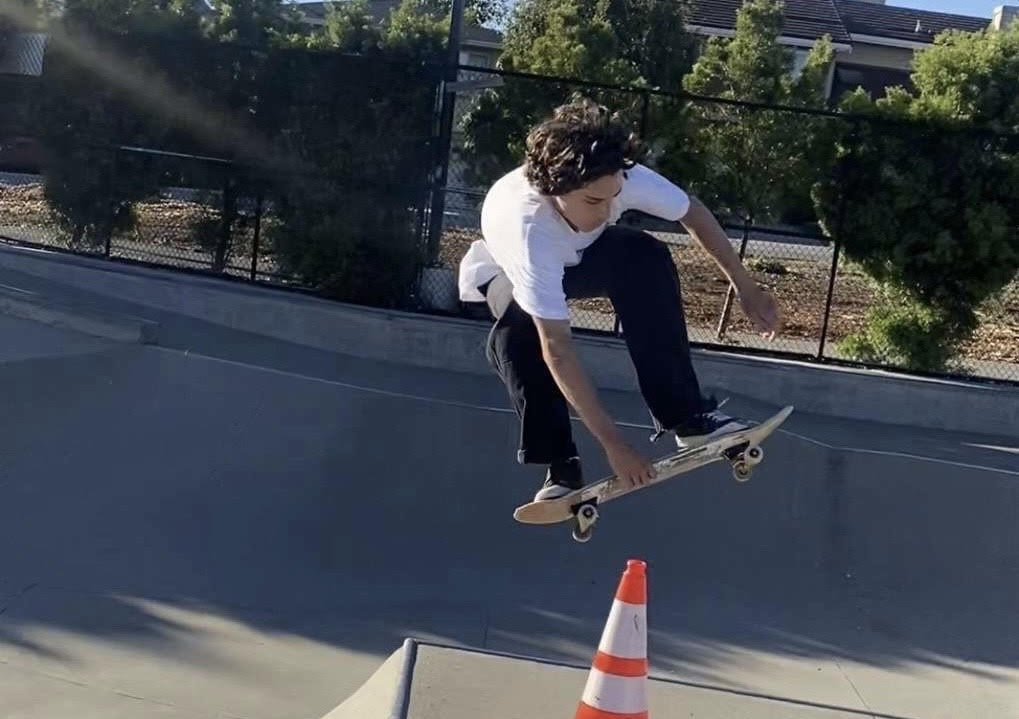

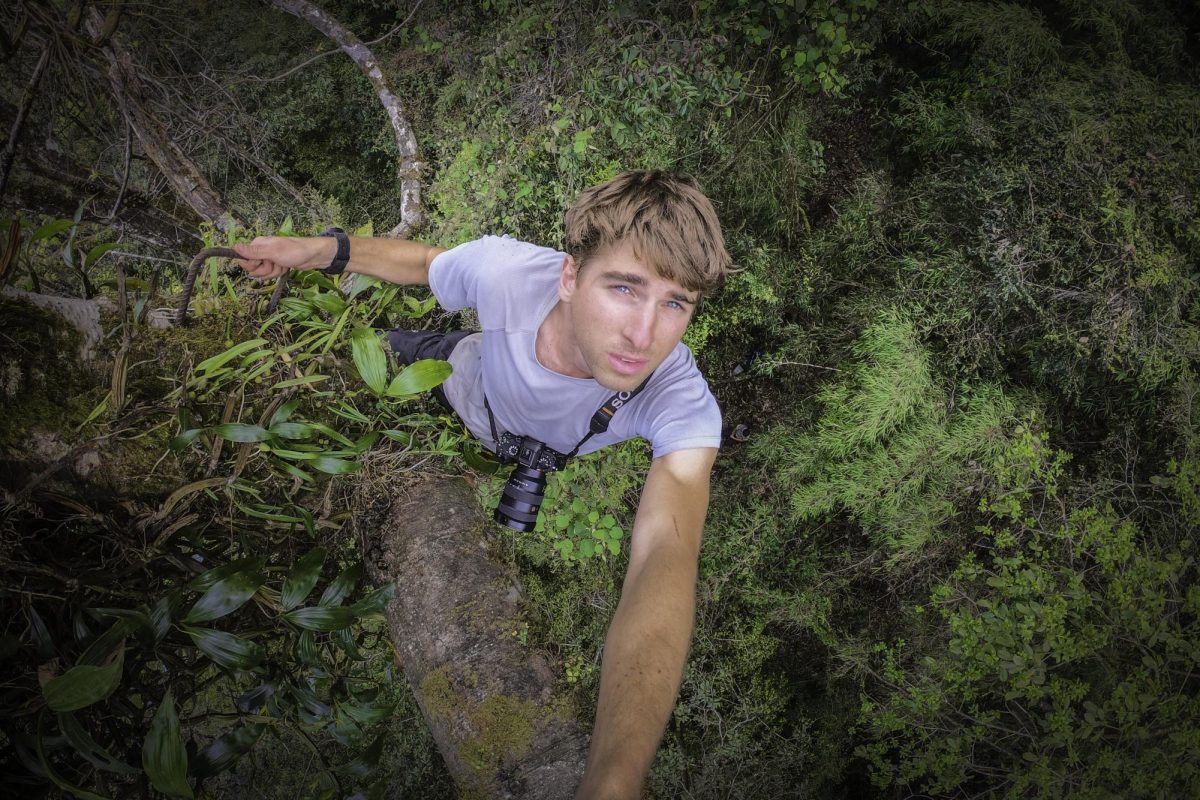

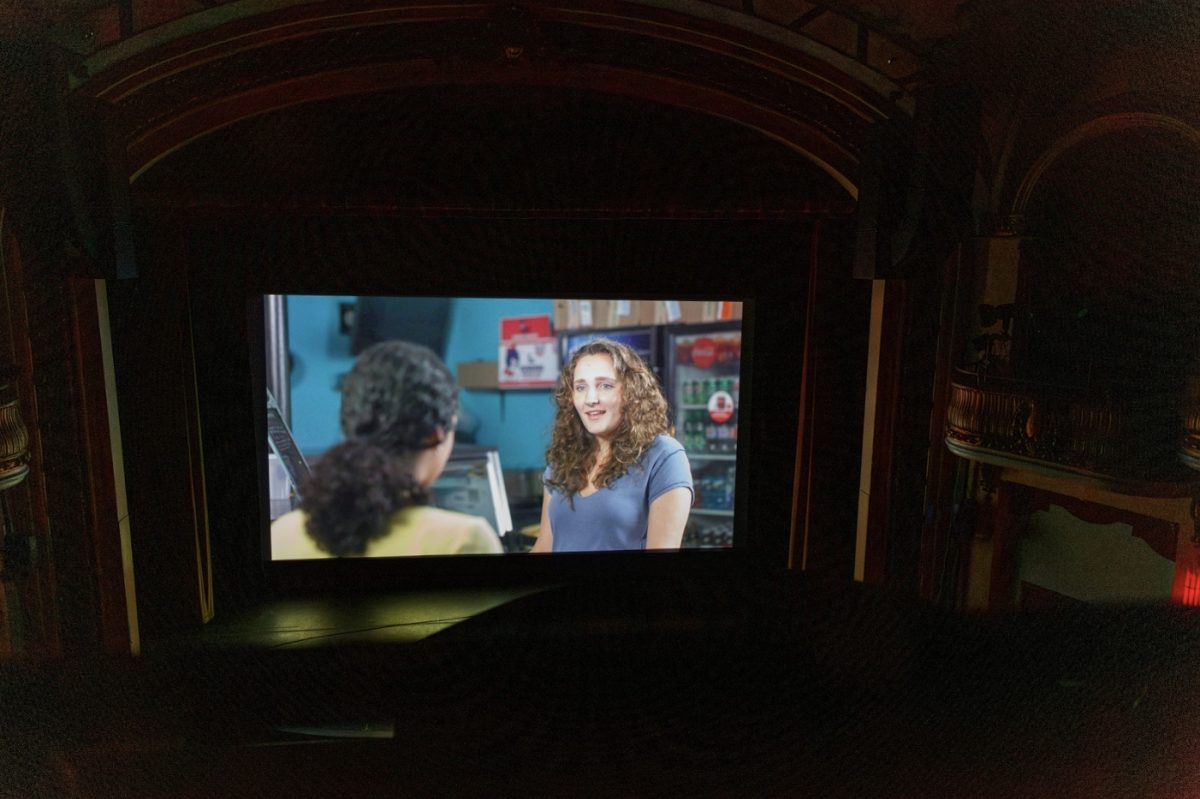

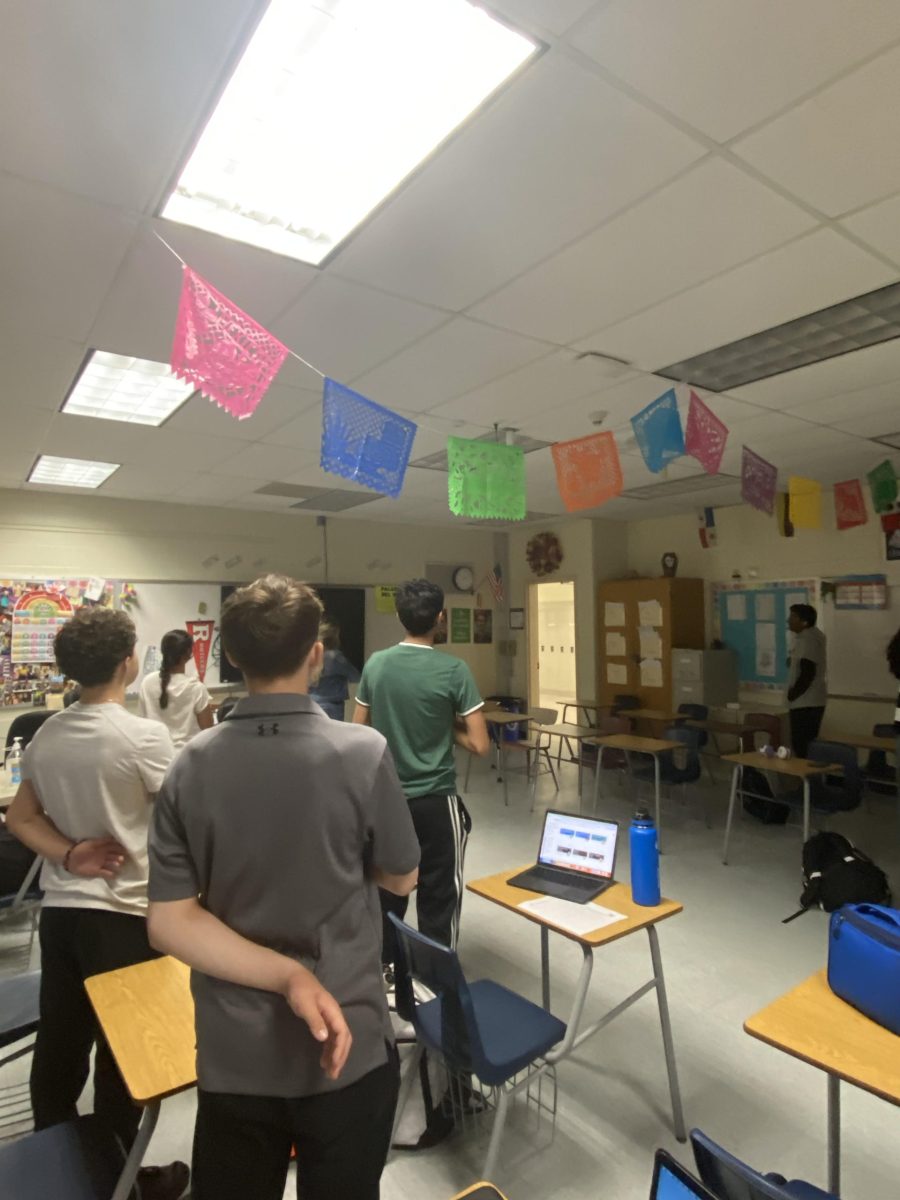
![The Jaguar student section sits down while the girls basketball team plays in the Great Eight game at the Denver Coliseum against Valor Christian High School Feb. 29. Many students who participated in the boys basketball student section prior to the girls basketball game left before half-time. I think it [the student section] plays a huge role because we actually had a decent crowd at a ranch game. I think that was the only time we had like a student section. And the energy was just awesome, varsity pointing and shooting guard Brooke Harding ‘25 said. I dont expect much from them [the Golden Boys] at all. But the fact that they left at the Elite Eight game when they were already there is honestly mind blowing to me.](https://bestofsno.com/wp-content/uploads/2024/05/IMG_7517-e1716250578550-900x1200.jpeg)
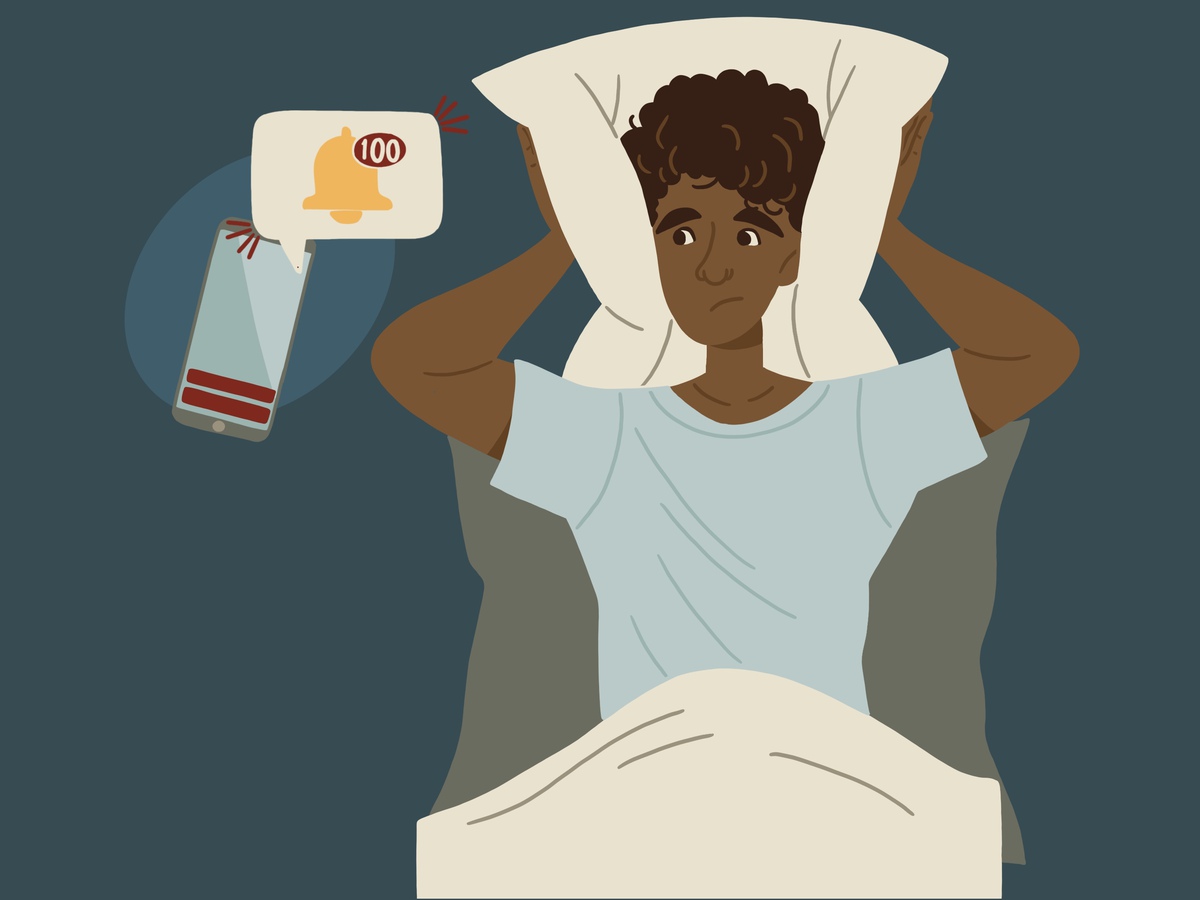
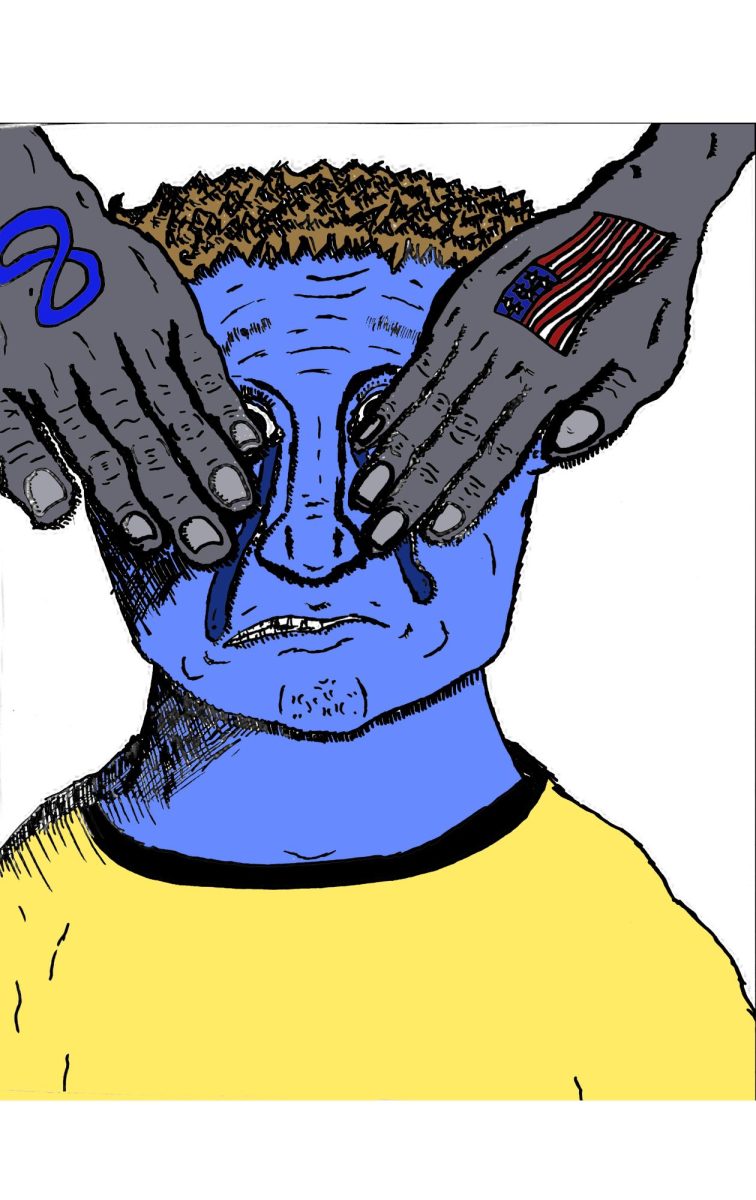

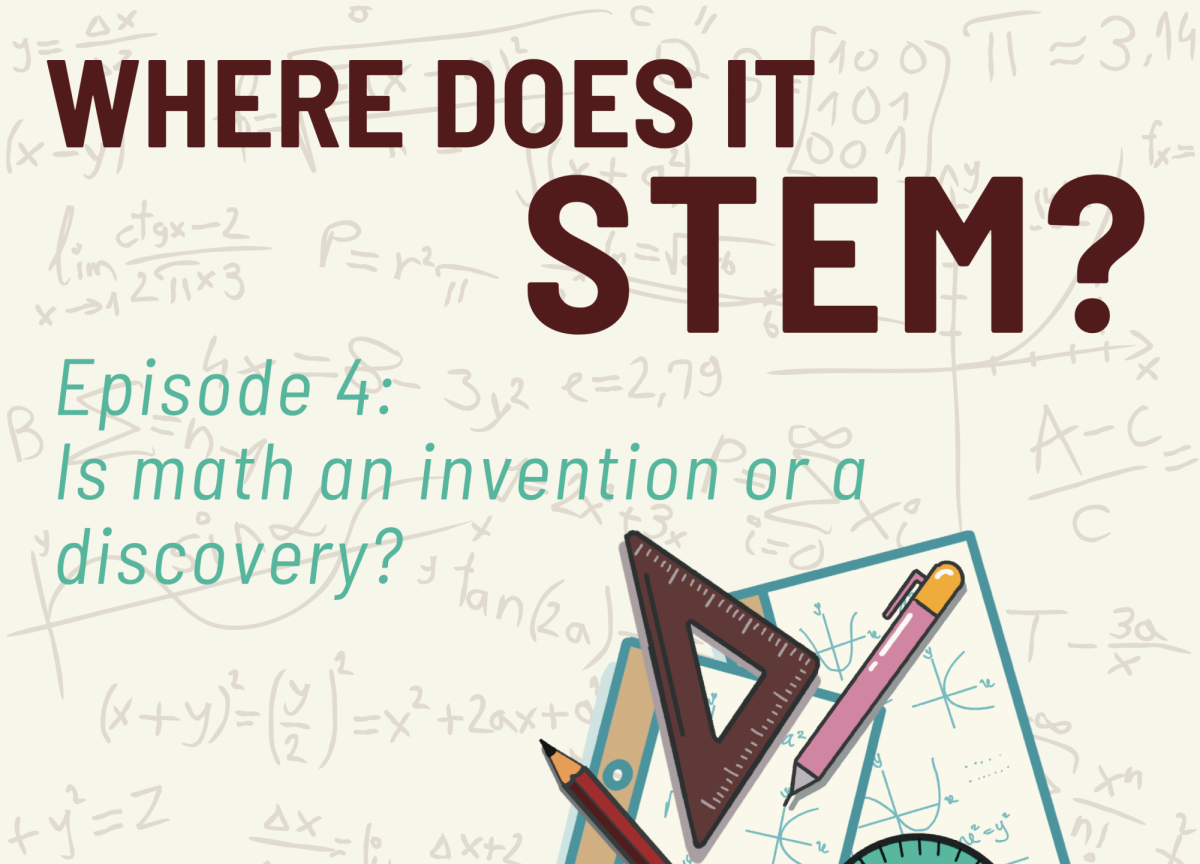

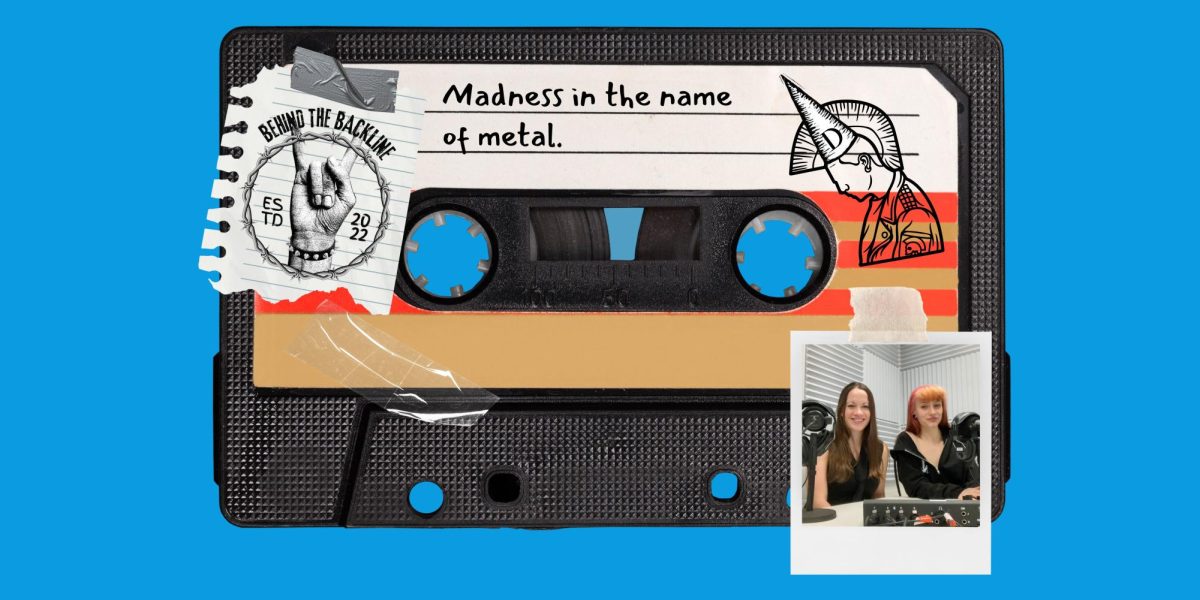
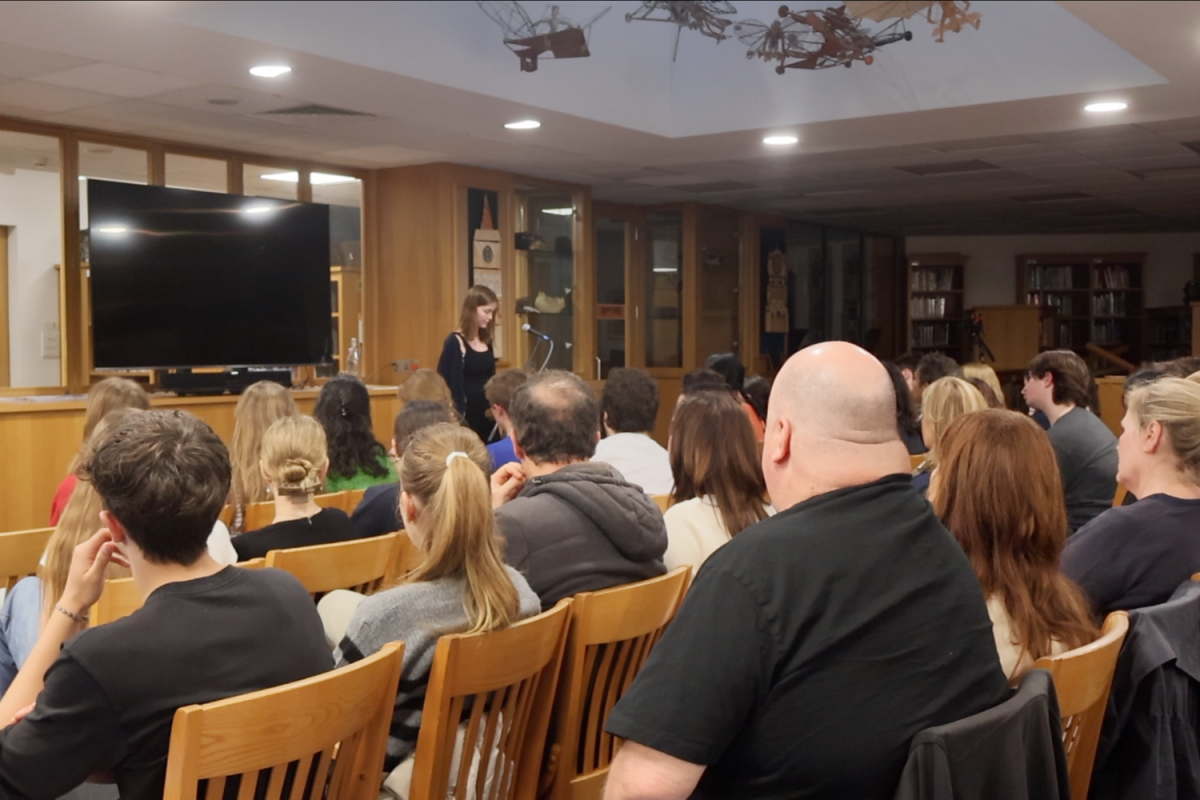

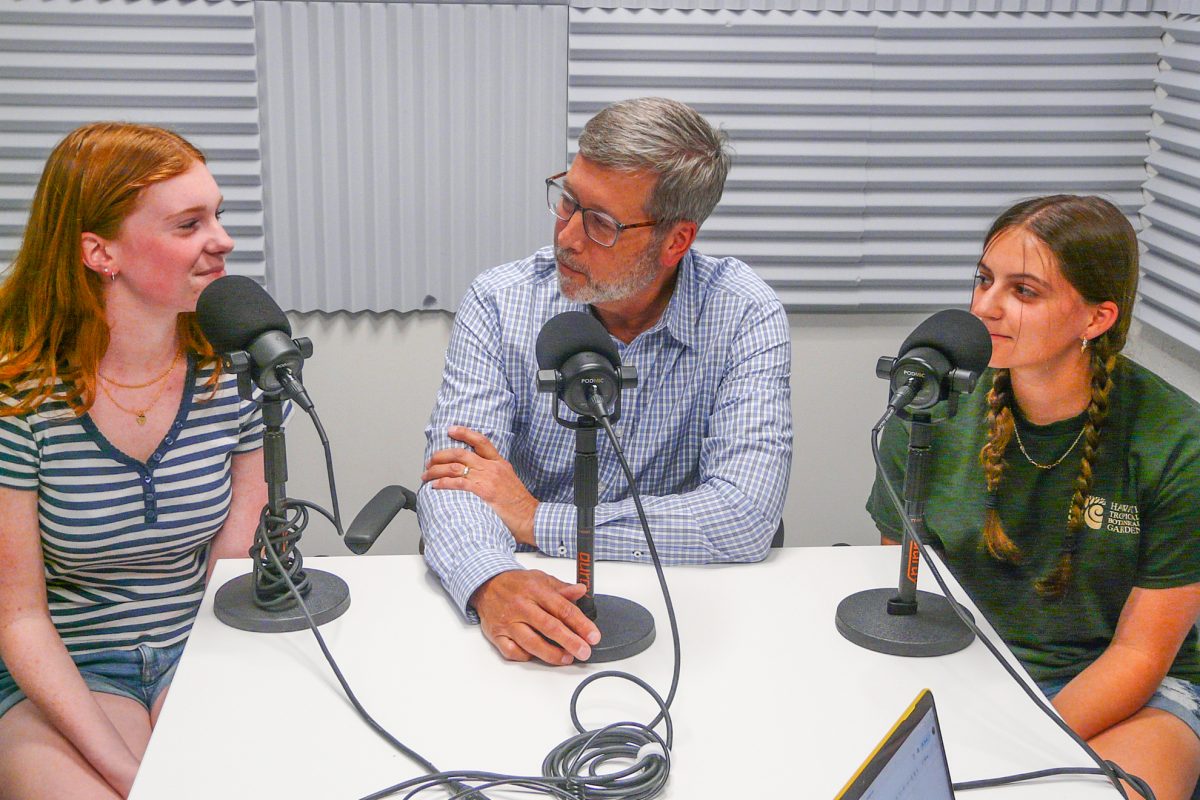
![BACKGROUND IN THE BUSINESS: Dressed by junior designer Kaitlyn Gerrie, senior Chamila Muñoz took to the “Dreamland” runway this past weekend. While it was her first time participating in the McCallum fashion show, Muñoz isn’t new to the modeling world.
I modeled here and there when I was a lot younger, maybe five or six [years old] for some jewelry brands and small businesses, but not much in recent years,” Muñoz said.
Muñoz had hoped to participate in last year’s show but couldn’t due to scheduling conflicts. For her senior year, though, she couldn’t let the opportunity pass her by.
“It’s [modeling] something I haven’t done in a while so I was excited to step out of my comfort zone in a way,” Muñoz said. “I always love trying new things and being able to show off designs of my schoolmates is such an honor.”
The preparation process for the show was hectic, leaving the final reveal of Gerrie’s design until days before the show, but the moment Muñoz tried on the outfit, all the stress for both designer and model melted away.
“I didn’t get to try on my outfit until the day before, but the look on Kaitlyn’s face when she saw what she had worked so hard to make actually on a model was just so special,” Muñoz said. “I know it meant so much to her. But then she handed me a blindfold and told me I’d be walking with it on, so that was pretty wild.”
Caption by Francie Wilhelm.](https://bestofsno.com/wp-content/uploads/2024/05/53535098892_130167352f_o-1200x800.jpg)

